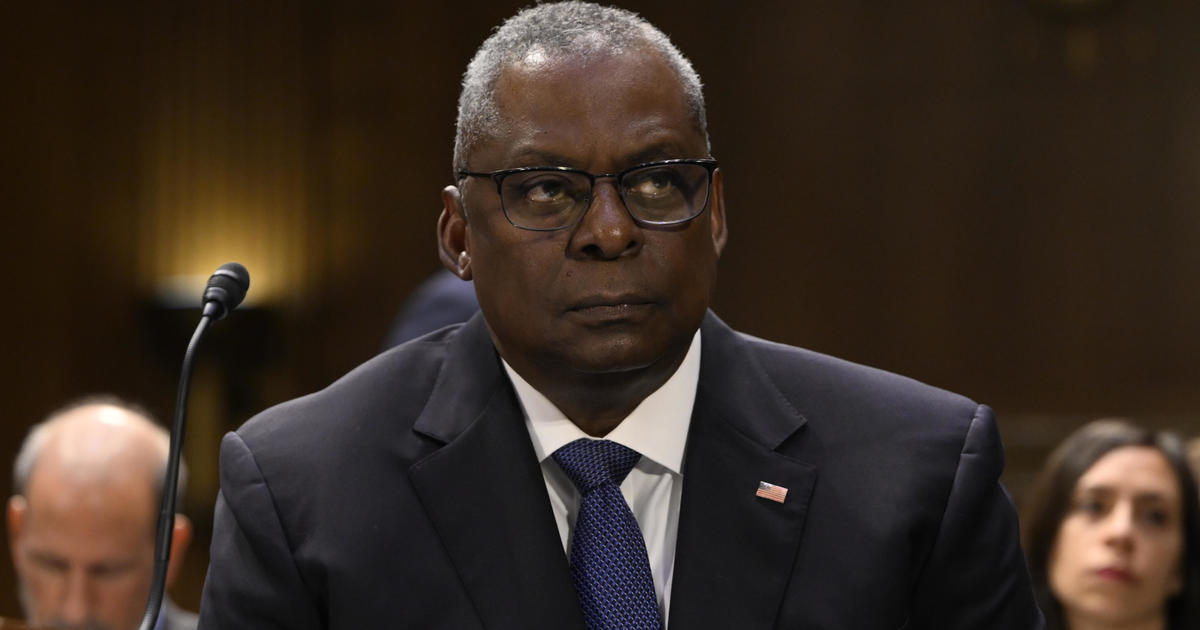**Defense Secretary Lloyd Austin’s Hospitalization and White House Response**
Defense Secretary Lloyd Austin’s recent hospitalization following a minor elective medical procedure has sparked controversy within the White House and the Pentagon, leading to questions about transparency and public notification. This article delves into the situation, examining the events surrounding Austin’s hospitalization, the delayed communication to key officials, and the implications for national security and decision-making.
**Delayed Notifications and Lack of Transparency**
The revelation of Austin’s hospitalization at Walter Reed National Military Medical Center raised concerns about the lack of timely notifications to key individuals and committees. The National Security Council and the Senate Armed Services Committee were reportedly not informed of Austin’s hospitalization until several days after the admission. This delay in communication has drawn criticism, particularly from the Pentagon Press Association, which highlighted the importance of public disclosure regarding the health status and decision-making ability of top defense leaders.
In a statement released after the news of his hospitalization became public, Austin acknowledged the concerns about transparency and took full responsibility for the lack of disclosure. He expressed commitment to improving communication about such matters in the future, emphasizing the significance of public awareness while also asserting his autonomy in managing the disclosure of his medical procedure.
**Reactions from the White House and Pentagon**
Following the public disclosure of Austin’s hospitalization, a White House official confirmed that President Biden had a positive conversation with Austin, expressing full confidence in the Defense Secretary. However, the delayed notification and subsequent media attention have raised questions about the procedures and policies governing the communication of such sensitive matters within the government.
The Pentagon’s defense of the delayed public announcement cited privacy and medical confidentiality while acknowledging the evolving nature of the situation. The absence of specific details about Austin’s medical procedure or health further fueled speculation and scrutiny, eliciting responses from various stakeholders and the public.
**National Security Implications and Ongoing Responsibilities**
Austin’s hospitalization coincides with heightened tensions and military activities in several global hotspots. The persistent attacks by Iranian-backed militias on bases housing U.S. troops in the Middle East, the U.S. efforts to deter maritime attacks in the Red Sea, and the provision of support to Ukraine amid its conflict with Russia and interactions with Israel have all contributed to Austin’s significant responsibilities in national security decision-making.
The timing of Austin’s hospitalization has raised questions about the continuity and effectiveness of crucial leadership and decision-making processes within the Defense Department, particularly in handling sensitive and time-critical matters involving potential military responses and international engagements.
**Conclusion**
The delayed communication and public disclosure of Defense Secretary Lloyd Austin’s hospitalization have generated discussions on transparency, accountability, and the continuity of leadership in critical government positions. The incident underscores the need for clear protocols and timely notifications in handling sensitive matters that may impact national security and decision-making processes. As Austin’s recovery progresses, the focus remains on ensuring transparent and effective communication regarding the health and responsibilities of top government officials in the interest of public awareness and national security considerations.


